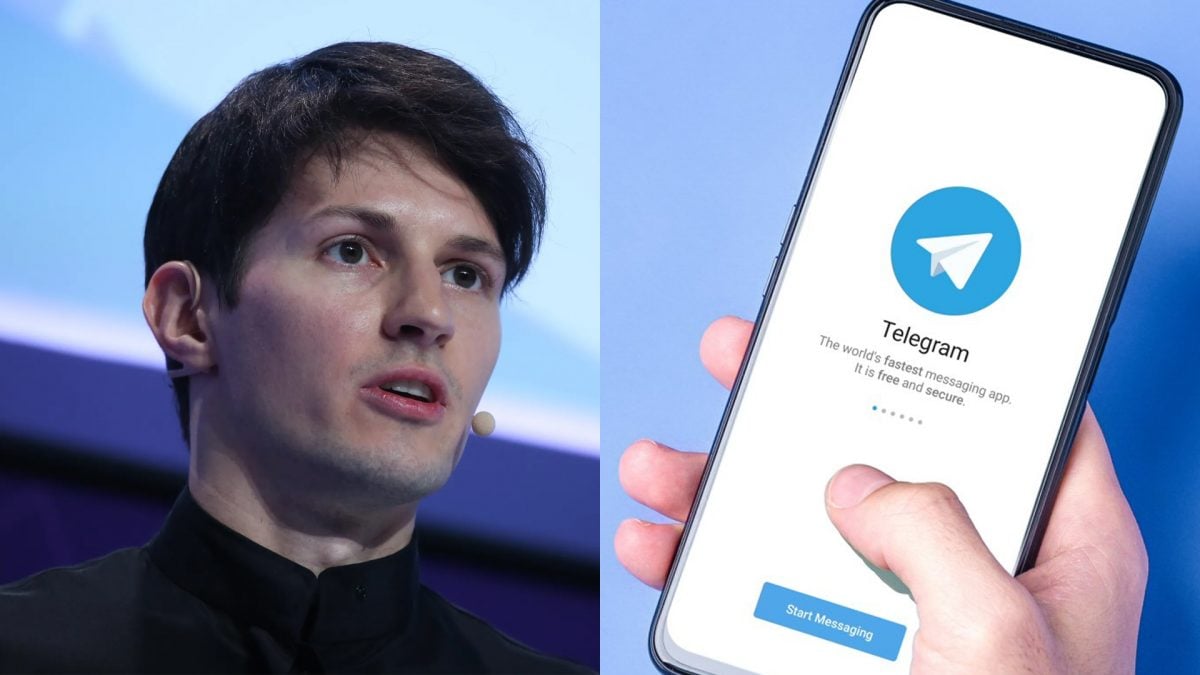
The Government of India is currently investigating Telegram, a popular messaging app, over concerns that it is being used for criminal activities such as extortion and gambling.
The investigation, led by the Indian Cybercrime Coordination Centre (I4C) under the Ministry of Home Affairs (MHA) and the Ministry of Electronics and Information Technology (MeitY), has raised the possibility of a ban on the platform depending on the outcome of the probe.
An anonymous government official disclosed these developments to Moneycontrol.
This investigation coincides with the recent arrest of Telegram’s founder and CEO, Pavel Durov, in Paris on August 24. Reports suggest that Durov was detained by French authorities over the app’s failure to prevent criminal activities, particularly its moderation policies, which have been under scrutiny.
Telegram’s role in criminal activities
Telegram has become a concern for Indian authorities due to its increasing association with criminal activities, including scams that have resulted in significant financial losses for citizens.
The platform, which boasts over 5 million registered users in India, was recently implicated in the UGC-NEET controversy. In this case, the question paper for a major medical entrance exam was leaked and allegedly sold on Telegram for prices ranging between Rs 5,000 and Rs 10,000. This incident sparked student protests and led to the intervention of the Supreme Court.
The ongoing investigation by I4C and MeitY is specifically focused on activities such as extortion and gambling facilitated through peer-to-peer (P2P) communications on Telegram. While the app is reportedly compliant with India’s Information Technology (IT) Rules, the absence of a local office in India has complicated efforts to investigate and regulate the platform.
The IT Rules require platforms like Telegram to appoint a nodal officer, a chief compliance officer, and to publish monthly compliance reports. However, the lack of a physical presence in India has made it difficult for authorities to request user data and effectively manage the platform’s operations within the country.
Pavel Durov’s arrest and the tech industry’s reactions
The arrest of Pavel Durov by French authorities has further intensified the situation. Durov was detained at Bourget airport near Paris as part of an investigation into the lack of moderation on Telegram, which allegedly allowed criminal activities to continue unchecked on the platform.
In response to the arrest, Telegram issued a statement on August 26, asserting that Durov frequently travels in Europe and has nothing to hide. The company emphasised that nearly a billion users globally rely on Telegram for communication and vital information, and expressed hope for a quick resolution to the situation.
The arrest has drawn criticism from prominent figures in the tech community. Edward Snowden, the former NSA whistleblower, condemned the arrest as an “assault on basic human rights of speech and association.” American entrepreneur Balaji Srinivasan suggested that the French government’s actions were motivated more by a desire for control than by crime prevention.
Meanwhile, Elon Musk, CEO of SpaceX, Tesla and CTO of X has asked why Mark Zuckerberg, the founder-CEO of Meta, previously Facebook, asked why Mark Zuckerberg hasn’t been arrested over the “massive child exploitation” problem on Instagram.
Ethereum co-founder Vitalik Buterin also expressed concerns about the implications of the arrest for communication freedom in Europe, despite his past criticism of Telegram’s approach to encryption.
Telegram’s coloured history in India
This is not the first time Telegram has faced scrutiny in India. In October, the Ministry of Electronics and Information Technology issued notices to Telegram and other social media platforms, directing them to remove child sexual abuse material (CSAM) from their services.
Additionally, in May, the government, following recommendations from the Ministry of Home Affairs, blocked several encrypted messaging platforms, including Briar, Element, and AWS-owned Wickr Me, citing concerns over their misuse.
More recently, the IT ministry considered blocking Proton Mail, an encrypted email platform, after it was used to send hoax bomb threats. However, Swiss authorities intervened to prevent the ban.
As the investigation into Telegram continues, the outcome will likely have significant implications for the platform’s operations in India and could potentially lead to a broader debate about the regulation of encrypted communication services in the country.